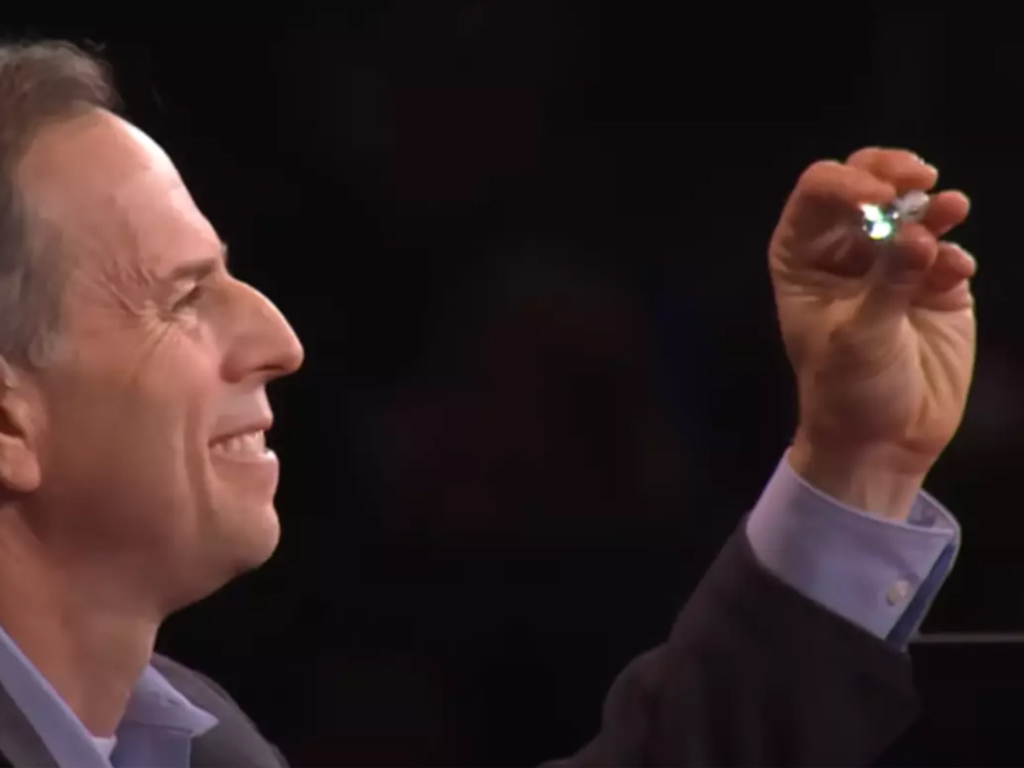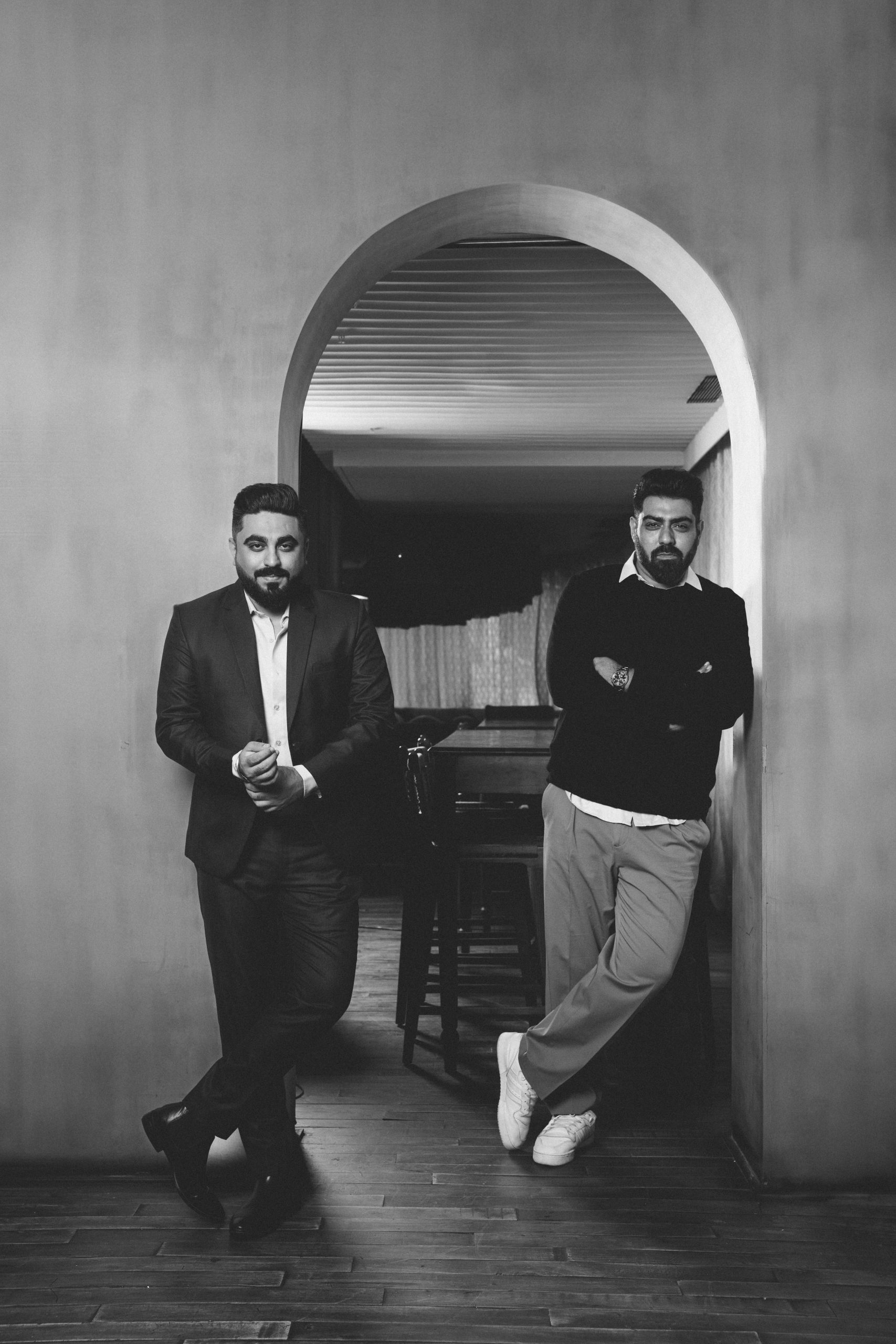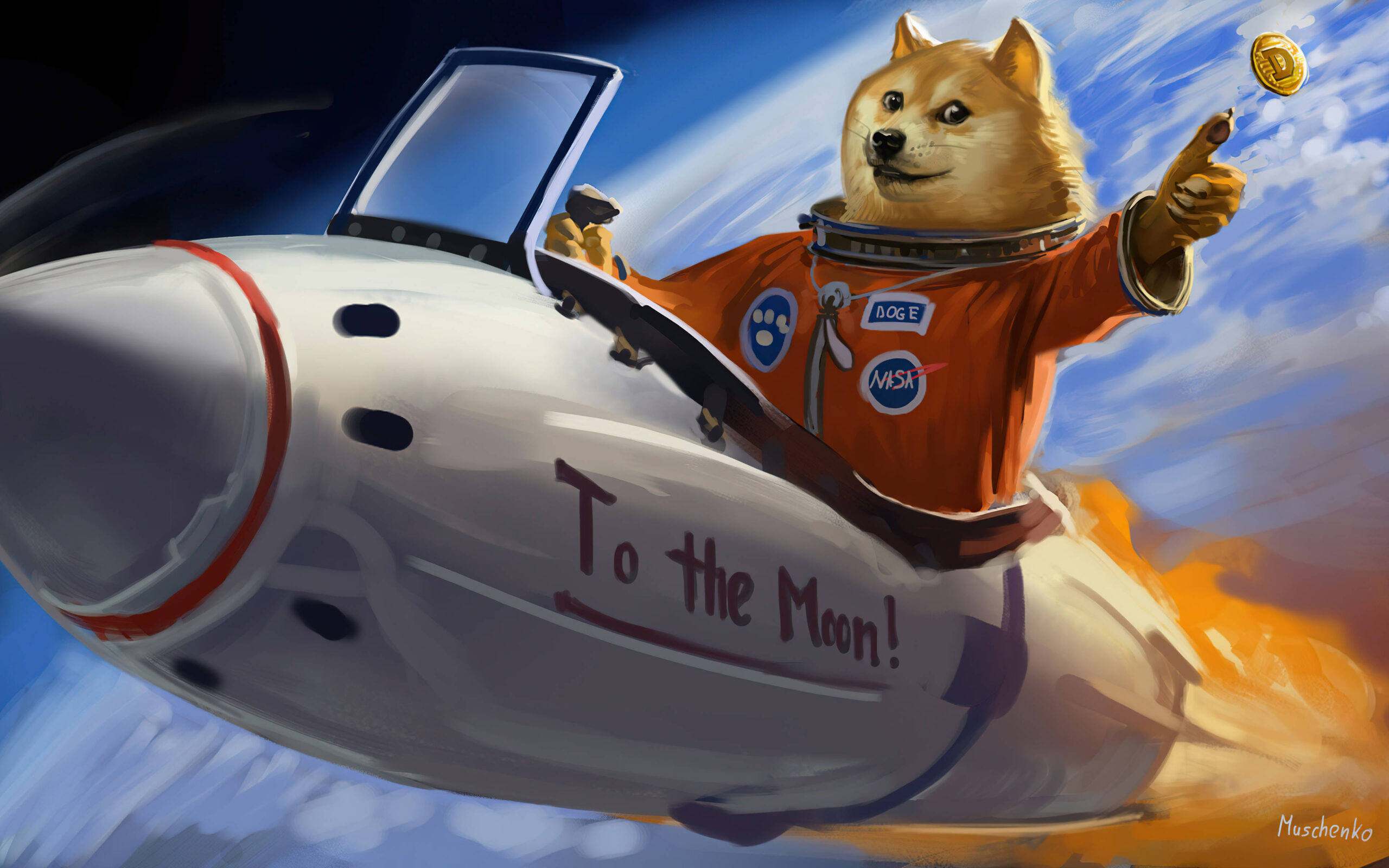As individuals plunge into the depths of their own genomes, seeking the ultimate edge in longevity and performance, a curious paradox emerges. The more they unravel their biological blueprints, the more they crave similarity — a new form of exclusivity based on shared genetic “perfection.” Meanwhile, the rest of us peer through the looking glass, wondering when self-knowledge will cease to be a luxury and become an expectation. Our bodies are also data mines — accompanied with its own set of implications. As the tools of introspection slowly trickle down, we must ask: In a world where our bodies become open books, legible to anyone with the right technology, who gets to be the author, and who’s merely a footnote?
The democratisation of a once-exclusive domain is underway, with promises to redefine our relationship with our bodies and, by extension, ourselves. Imagine a world where your morning routine includes deploying a microscopic fleet of nano-voyagers through your bloodstream, with the precision of a seasoned cartographer. By 2030, projections suggest that over 30% of the global population will have access to some form of internal monitoring technology. This isn’t science fiction; it’s our impending reality.
Yet, as we obsessively check our smartwatches for step counts and heart rates, it remains questionable whether we are able to truly fathom the quantum leap to blood-borne sentinels. Researchers have been testing microchips that detect cancer biomarkers in real-time. This torrent of intimate data, when fed through the insatiable maw of AI analytics, isn’t just revolutionising medicine — it’s birthing a hyper-personalised world, where your cells whisper secrets directly into marketers’ ears.
As we navigate the ethics of Apple’s menstrual cycle predictions, companies like Neuralink are pushing the boundaries of brain-computer interfaces, enabling the tracking and decrypting of oneself as data points. The chasm between our current technology and the promised land of nano-voyagers is vast, yet the ethical minefield lies just ahead.
(L-R) Pillbot, the swallowable robot; Live demonstration of the swallowing of the pillbot and demonstrating power of Internal Imaging (In frame: Alex Luebke, Co-founder and engineer at Pillbot)
An early iteration of a robot assisting in cognitive advancement (Source: The vault of Retro Sci-fi)
This isn’t mere speculation. Consider the real-world implications already unfolding: insurance companies offering lower premiums for fitness data sharing, employers monitoring vital signs for “productivity optimisation,” and dating apps matching partners based on genetic compatibility. And let’s not forget the tech titans driving this revolution: Elon Musk’s Neuralink aims to merge our brains with AI, while Google’s Verily Life Sciences pursues a “baseline” study to map human health with unprecedented detail. These visionaries, along with figures like biohacker Josiah Zayner and transhumanist Natasha Vita-More, are not just predicting the future — they’re actively shaping it.
The luxury of the future isn’t about owning; it’s about knowing more. But knowledge, as we’re learning, is a double-edged scalpel. As we decode our cellular mechanics, we’re composing a new language of existence. Will this hyper-awareness lead to a health utopia and longevity, or birth a new breed of data-driven hypochondria, amplified by the constant chatter of our quantified selves?
By 2040, the lines between prevention and enhancement may blur beyond recognition. The possibility of rewriting our genetic code on the fly by mid-century is being explored. The luxury of choice extends to our very essence — but surely, there’s a cost attached.
Privacy, then, becomes the ultimate luxury. In a world where your heartbeat is a data point and your stress levels are a tradable commodity, the ability to go “off-grid” biologically might become the new status symbol. Underground markets for “data-free” existence are already emerging in the darkest corners of the net, promising a return to biological anonymity — for a price.
The tracking of biopoints may well be reshaping our society. Consider the emerging trend of “biometric dating,” where compatibility is determined not by shared interests or values, but by complementary genetic profiles and physiological rhythms. This technological approach to pairing partners prompts deep reflection on free will and emotion in relationships.
(L-R) Imagined luxury, the era of health and longevity; The next-gen cabinet, illustrated
Welcome to the office of tomorrow, where “performance-optimised workplaces” promise a utopia of peak health and productivity — imagine never having a mid-afternoon slump again! However, we risk transforming our workplaces into biological panopticons, where every heartbeat is scrutinised and every hormone fluctuation could impact our careers. Picture this: It’s 2035, and you’re denied your morning coffee because your sleep tracker ratted you out to the office AI. Your genome is your resume, your circadian rhythm dictates your meetings, and “optimising your performance” means conforming to a biological ideal set by algorithms.
In this new workplace, how can participants truly understand the implications of sharing their most intimate biological information? Your body’s data doesn’t just influence your job — it is your job. One thing’s for sure: calling in sick just got a whole lot more complicated.
By 2035, we may see the emergence of a new social hierarchy based not on wealth or education, but on the granularity of one’s biological data. Inadvertently, we’re perhaps creating a new form of biological determination.
Yet, amidst this data deluge, a counter-movement brews. The “Neo-Naturists” of the 2030s advocate for periods of technological abstinence, arguing that constant internal surveillance disconnects us from our bodies’ innate wisdom. Their mantra? “Sometimes, the luxury is in not knowing.” In our quest to quantify the self, we must not lose sight of the qualitative aspects that make us human. The most profound luxury may be the ability to choose mystery over measurement, intuition over data.
We face a paradox: unprecedented knowledge paired with unparalleled vulnerability. The future is not just coming; it’s already within us. It’s watching you watch yourself. As the lines between self-improvement and self-exploitation blur, ignorance may yet prove to be the ultimate luxury. Standing on the precipice of this biological data gold rush, one thing becomes clear: the future of luxury is internal, informational, and infinitely complex. The most coveted luxuries might not be material at all, but rather the freedom to choose our level of self-knowledge and the power to shape our internal narratives.
Words by Shravni Sangamnerkar.










